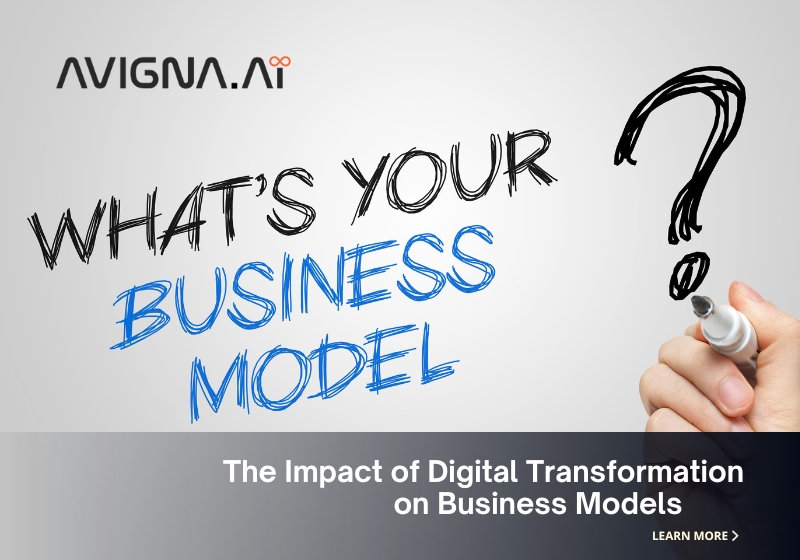What is the difference between a Cloud platform, IOT Cloud platform, Industry Cloud Platform, and Industrial Cloud Platform?
Not a single day goes by without us acknowledging the power of Cloud computing. But unfortunately, we often use the word “Cloud” for all the technology behind the covers of our applications. Though it works in our general usage scenario, you have to be very specific with what you mean in the context of businesses and enterprises. For example, do you know the difference between a Cloud platform, an IOT Cloud platform, an Industry Cloud Platform, and an Industrial Cloud Platform? Or do they confuse you even more? Don’t be; just read further and get your terminology straight.
Cloud Platform
A cloud platform, also known as a cloud computing platform, is a computing environment that allows users to access and use computing resources, such as computing power, storage, and networking, over the internet. These resources are hosted on remote servers and are made available to users on a pay-as-you-go or subscription basis.
Cloud platforms provide a variety of services, starting from (IaaS) Infrastructure as a Service to (PaaS) Platform as a Service and (SaaS) Software as a Service. IaaS provides users access to virtualized computing resources, such as servers, storage, and networking, which they can use to build and run their applications. PaaS provides users with a complete development and deployment environment, including tools, frameworks, and infrastructure for building and deploying applications. Finally, SaaS provides users with ready-to-use software applications hosted and managed by a third-party provider.
Cloud platforms offer several benefits, including scalability, flexibility, cost-effectiveness, and reliability. Businesses, organizations, and individuals use them to store and process data, build and deploy applications, and access software and services over the Internet.
Examples of popular cloud platforms include:
- Amazon Web Services (AWS)
- Microsoft Azure
- Google Cloud Platform.
Industry Cloud Platform
An industry cloud platform is a cloud computing platform explicitly designed to meet the needs and requirements of a particular industry or sector. These platforms are tailored to a specific industry’s unique needs and challenges. They typically offer specialized features and functionality designed to support the workflows and processes of that industry.
Industry cloud platforms may be built and maintained by third-party vendors or developed in-house by organizations within the industry. It is possible to host them on either public or private cloud infrastructure. They may also offer various services and applications customized to the industry’s specific needs.
Examples of industry cloud platforms include
- Salesforce Health Cloud
- IBM Food Trust
- Siemens MindSphere
- Microsoft Dynamics 365 for Finance and Operations
Industrial Cloud Platform
An industrial cloud platform is a cloud-based software platform that supports industrial applications and processes. It provides tools, services, and infrastructure to enable the development, deployment, and management of industrial applications and systems, such as industrial automation, robotics, and other machine-to-machine (M2M) systems used in manufacturing, energy, and other industrial sectors.
Industrial cloud platforms typically include features like real-time data analysis, machine learning, and predictive maintenance, which enable organizations to optimize their industrial operations and improve efficiency. They also provide connectivity between industrial machines, sensors, and other devices, enabling real-time monitoring and control of industrial processes.
One of the key benefits of an industrial cloud platform is that it enables enterprises to collect, store and analyze extensive amounts of data from their industrial systems, which are used to optimize operations and identify areas for improvement. This data can be used for predictive maintenance, quality control, and supply chain optimization, among other things.
Examples of industrial cloud platforms include
- GE Predix
- Siemens MindSphere
- Schneider Electric EcoStruxure
IoT Cloud Platform
An IoT platform, also known as an Internet of Things platform, is a software platform designed to enable the development, deployment, and management of Internet of Things (IoT) applications and devices. These platforms provide a range of tools, services, and infrastructure to support the development and deployment of IoT applications and the collection, analysis, and visualization of data from IoT devices.
IoT platforms typically include various features and capabilities, such as data management, device management, analytics, and security. They may also have tools for developing and deploying IoT applications, such as software development kits (SDKs), application programming interfaces (APIs), and pre-built templates.
One of the key benefits of an IoT platform is that it enables the integration of various IoT devices and systems into a unified ecosystem which allows organizations to collect and analyze data from an extensive range of equipment or assets and sensors and use that data to optimize their operations and processes, increase efficiency, and enrich the customer experience.
There are many IoT platforms available in the market, ranging from proprietary platforms developed by individual vendors to open-source platforms developed by communities of developers.
Examples of popular IoT platforms include
- Amazon Web Services IoT
- Microsoft Azure IoT
- Google Cloud IoT
Summary
In summary, while a Cloud platform is a general-purpose platform for building and managing applications on the cloud, an IOT Cloud platform is a specialized platform for building and managing IoT applications. Furthermore, an Industry Cloud Platform helps address a particular industry’s needs. At the same time, an Industrial Cloud Platform caters to the unique needs of the manufacturing industry.
Contact us for a free IoT consultation. Stay connected on LinkedIn.





